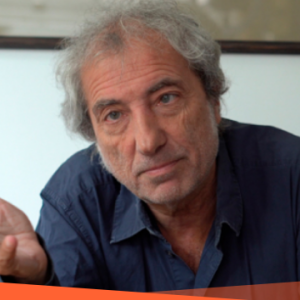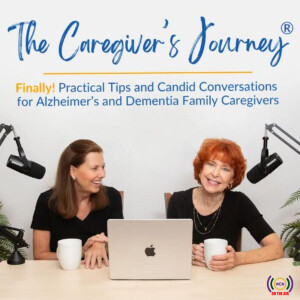

Adam Phillips - On affection, friendship, love and hate
The reason affection is important is because a good life is an affectionate life, essentially.
About Adam Phillips
"I was trained as a child psychotherapist and I worked in the NHS for 17 years. I am currently a psychoanalyst and a writer. Since 2003 I have been the general editor of the new Penguin Modern Classics translations of Sigmund Freud.
I write one day a week and I tend to write about psychoanalytic topics. I don’t ever write about my patients, though, but mostly on topics like boredom, kissing, hatred, obstacles and a whole range of things that interest me on a personal level. These are essays in the literal sense, since they are experiments for pursuing certain kinds of ideas."
Why is affection important?
The reason affection is important is because a good life is an affectionate life, essentially. Affection, at least in English, is a very interesting word because it overlaps with a lot of other things that it’s different from. We know as children that it’s in some ways misleading to think of children and parenting as sexual. Clearly, there are erotic elements in it, but it’s presidingly an affectionate relationship, and in affection there is an acknowledgment of mutual vulnerability. Children begin, ideally, in an affectionate world.
If you want to get a sense of the perils of this, you might think of tickling. Tickling as a process begins as an act of affection, but it very quickly tips over into something that is like torture, because in tickling there’s no climax. You can exploit somebody’s desire for affection in such a way that they suffer acutely. One of the things I think I want to address is what our fears of affection are, which are to do with the way in which it can be exploited. That is to say, somebody can seduce us by being initially affectionate when, actually, they have other desires that they’re using the affection as a means to. At its best, affection that is trustworthy is something that is genuinely heartening and fortifying. If people can rely on the affection of others and their own affection, they feel much closer and less threatened. They feel much more as if they’re in a shared world.
The question is when and if the affection is going to turn into a different kind of seduction. At its best, affection is an end in itself. It’s a fundamental form of sensual solidarity between each other. It’s reassuring, it’s comforting and it’s not threatening. But the interesting question becomes, what has to happen for affection to become threatening? The answer to that is a version of when affection begins to turn into a form of non-mutual sexual desire.
Key Points
• One of the things about the initial affectionate relationship is that there’s mutual accommodation, that people are attuned to what the other wants and lives and is frightened of.
• Once you exploit someone’s affection, you effectively exploit their innocence, you rob them of their innocence. Innocence means fundamental trust, unsuspicious trust.
• Friendship is a very important period in a child’s life, when they begin to realise that there might be real pleasures outside the family circle.
• It’s misleading to think we either hate each other or we love each other. Wherever there’s love, there’s hate. Wherever there’s hate, there’s love.
More Episodes
All Episodes>>Create Your Podcast In Minutes
- Full-featured podcast site
- Unlimited storage and bandwidth
- Comprehensive podcast stats
- Distribute to Apple Podcasts, Spotify, and more
- Make money with your podcast












